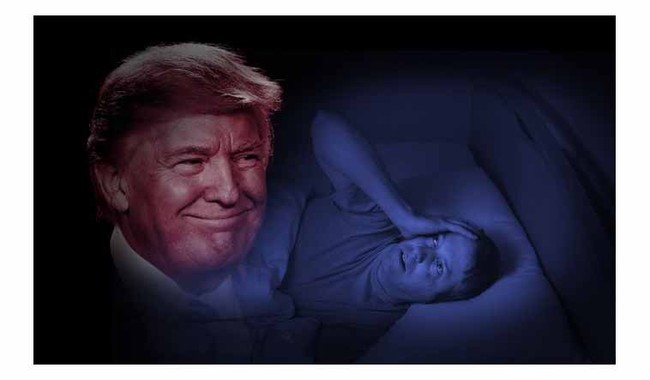The US Political Shift has undergone a significant transformation, with many analysts observing a distinct Democratic Evolution in demeanor and strategy following the commencement of Donald Trump’s second term. This period has been characterized by a series of events and public displays that have led some commentators to liken the party’s current state to an unpredictable and disorganized spectacle, a sharp departure from traditional political discourse.
This evolving narrative suggests that former President Trump’s continued influence in Trump Politics has profoundly disrupted established political norms, pushing the opposition into reactive and often unconventional responses. The perceived “breaking” of the Democratic Party isn’t merely about policy disagreements but extends to a fundamental change in their public presentation and internal coherence, sparking widespread debate among political observers, contributing to significant Political Disruption.
One striking instance that encapsulates this transformation involves Democratic Representative Eric Swalwell, whose public challenge to political commentator Greg Gutfeld for a physical contest drew considerable attention. This episode, while seemingly minor, was highlighted as an example of the increasingly sensationalist and less substantive engagements that have become more frequent within American Governance, questioning the seriousness of legislative focus.
Further illustrating this trend, figures like Senator Cory Booker have been critiqued for their apparent inability or unwillingness to acknowledge the deeper systemic reasons behind voter dissatisfaction that led to Trump’s initial rise and sustained support. Instead, the focus often shifts to external blame, diverting from introspective analysis of strategic missteps or a disconnect with the electorate, hindering effective Political Strategy and accountability.
The emergence of personalities such as Jasmine Crockett and Zohran Mamdani on the national stage is also viewed through this lens. While their outspoken approaches resonate with certain segments, they are simultaneously seen by others as further contributing to a perception of disarray or a shift towards performance over policy, potentially alienating broader sections of the voting public.
Even moments of genuine human vulnerability, such as Representative Liz Cheney’s fall and subsequent assistance from Senator Ted Cruz, are often quickly politicized and absorbed into the ongoing partisan narrative. What might otherwise be a simple act of bipartisanship becomes a point of political commentary, underscoring the relentless scrutiny and partisan intensity that defines contemporary US Political Shift.
Against this backdrop, supporters of former President Trump often frame his leadership as ushering in a “Golden Age” for America, a period of renewed prosperity and strength. They contend that the Democratic Party’s efforts to counter his agenda are desperate and driven by an ideological opposition that overlooks the tangible benefits perceived by many citizens under his guidance, intensifying the Trump Politics discourse.
This ongoing dynamic between Trump’s enduring political force and the Democratic Party’s evolving responses forms a crucial aspect of the current political analysis. The perceived unraveling of traditional political decorum and the shift towards a more theatrical and fragmented discourse warrant continued examination as the nation approaches future electoral cycles, emphasizing the need for comprehensive insights into American Governance.






Leave a Reply